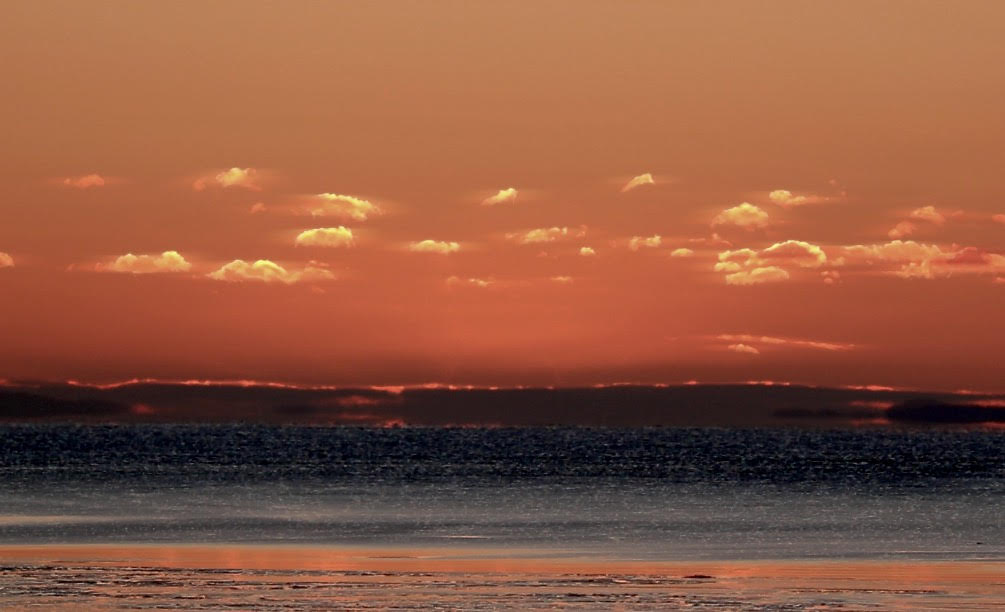Planes, Satellites and Balloons! How Scientists Will Watch the 2017 Eclipse
From the public: Citizen CATE (National Solar Observatory)
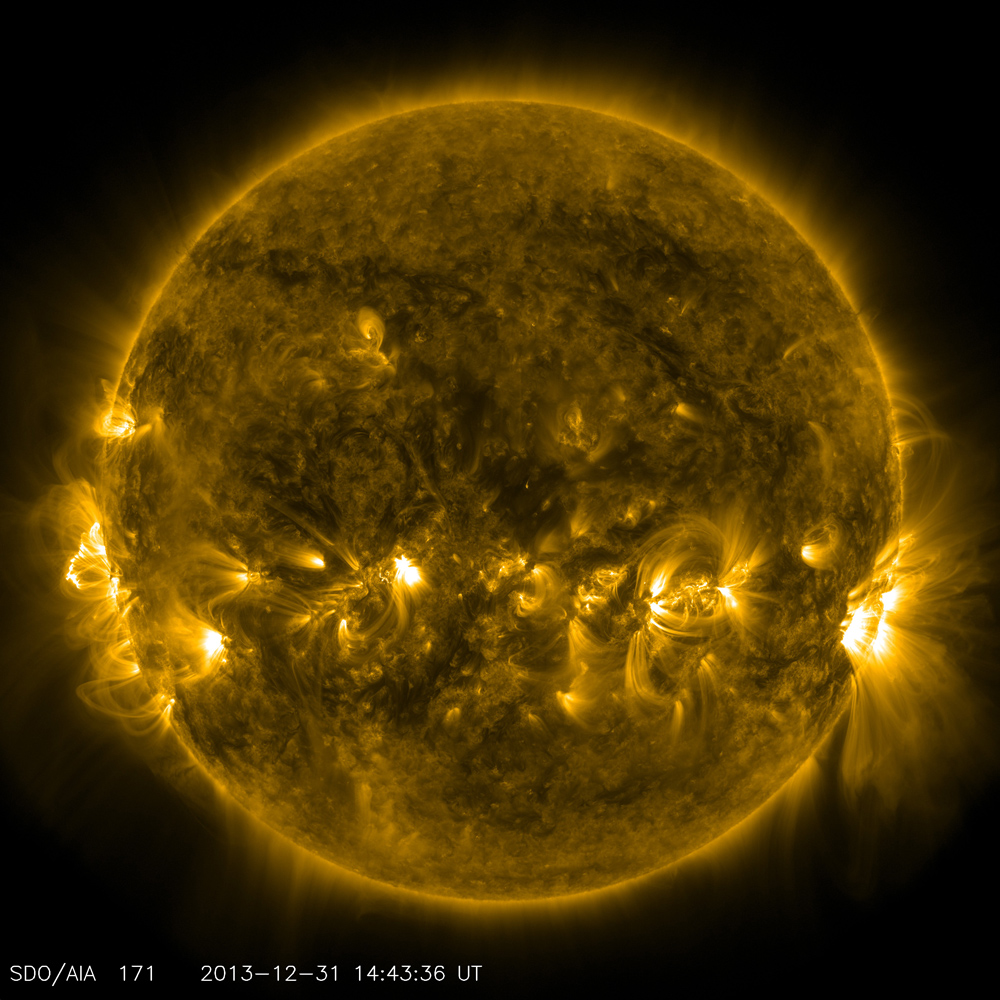
Students and amateur scientists from coast to coast will use more than 60 identical telescopes as part of the Citizen Continental-America Telescopic Eclipse (CATE) Experiment. The goal is to see how the corona evolves during a 90-minute period, showing the plasma changes in the inner corona for the first time. You can read more about how to get involved here: http://eclipse2017.nso.edu/citizen-cate/
From the public: The QuantumWeather Project
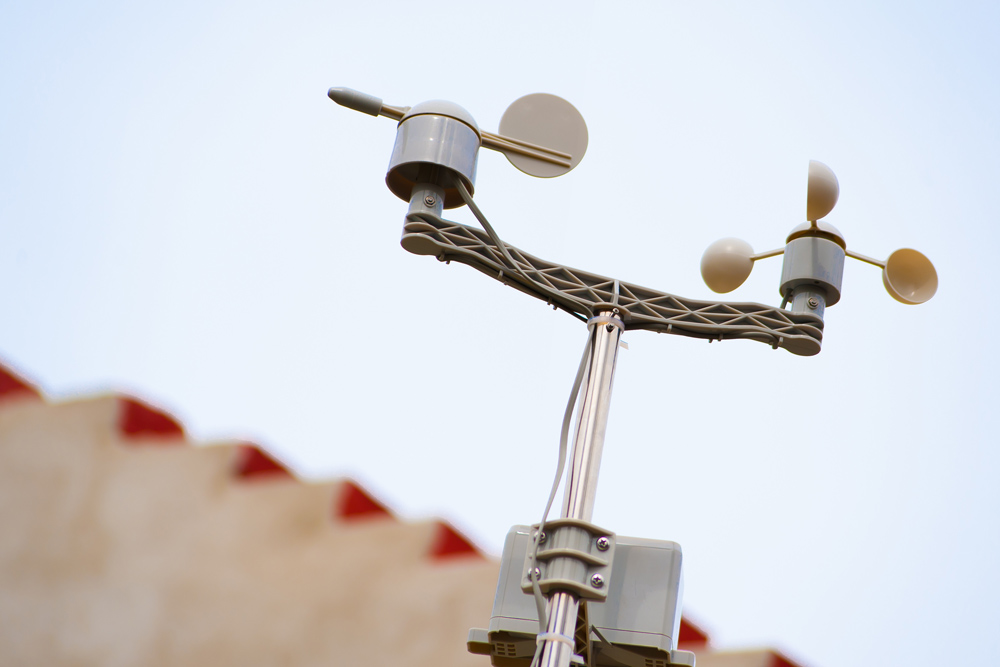
This is an undertaking involving 100 surface stations, three drones and nine radiosondes (instruments that make measurements by radio) that will gather data before, during and after the eclipse. The group aims to measure changes in Earth's lower atmosphere and surface during the eclipse. This project is also supported by the National Science Foundation's Experimental Program to Stimulate Competitive Research (NSF-EPSCOR). It's led by Robert Pasken, a meteorologist at Saint Louis University. You can read more about how to get involved here: http://www.slu.edu/department-of-earth-and-atmospheric-sciences-home/research-centers/quantum-weather%E2%84%A2
From the public: Life Responds (California Academy of Sciences)
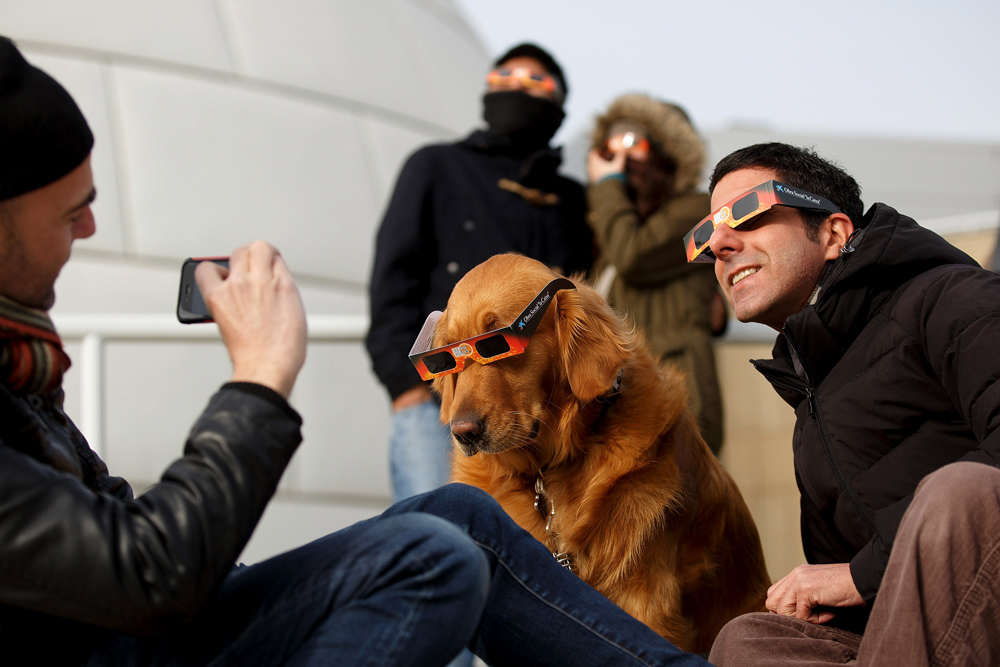
When the solar eclipse passes over your location, watch how animals are behaving! Past observations have noted birds sleeping during the daytime and confusion among cats and dogs. You can read more about how to get involved here: https://www.calacademy.org/citizen-science/solar-eclipse-2017
From the public: EclipseMob VLF/LF Experiment
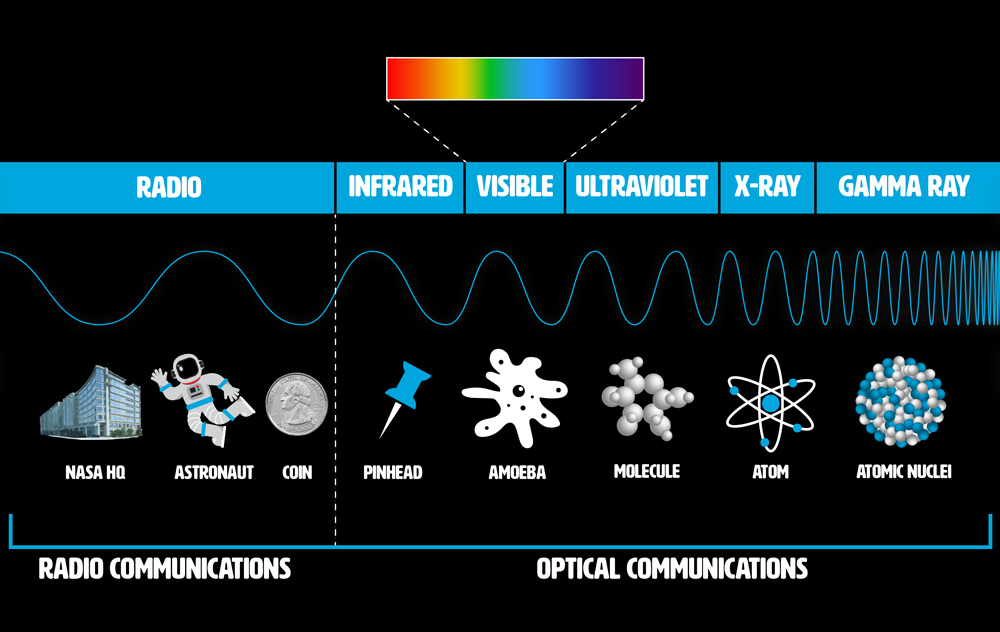
Radio receivers will be deployed across the country to see how the ionosphere changes during the eclipse. This is a project sponsored by the National Science Foundation, in collaboration with the University of Massachusetts and George Mason University with cooperation from the Space and Naval Warfare Systems Command (SPAWAR) and the Georgia Institute of Technology. You can read more about how to get involved here: http://eng.umb.edu/~eclipsemob/
Join our Space Forums to keep talking space on the latest missions, night sky and more! And if you have a news tip, correction or comment, let us know at: community@space.com.
Get the Space.com Newsletter
Breaking space news, the latest updates on rocket launches, skywatching events and more!

Elizabeth Howell (she/her), Ph.D., was a staff writer in the spaceflight channel between 2022 and 2024 specializing in Canadian space news. She was contributing writer for Space.com for 10 years from 2012 to 2024. Elizabeth's reporting includes multiple exclusives with the White House, leading world coverage about a lost-and-found space tomato on the International Space Station, witnessing five human spaceflight launches on two continents, flying parabolic, working inside a spacesuit, and participating in a simulated Mars mission. Her latest book, "Why Am I Taller?" (ECW Press, 2022) is co-written with astronaut Dave Williams.
